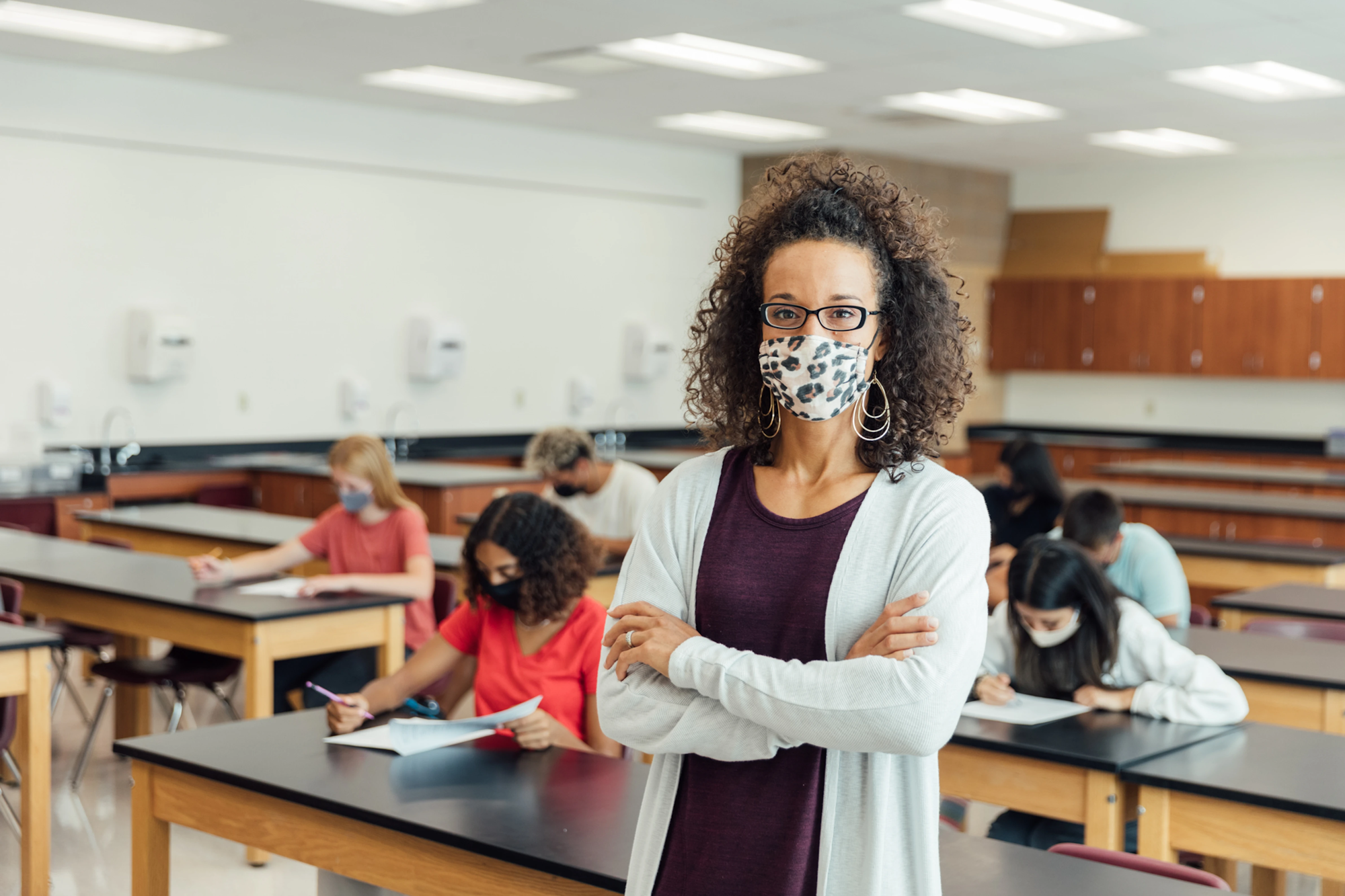The New Safety Regulations

Ill or Injured Students
St Jude Mission School recognizes that students may become ill or injured at school.
The following are guidelines as to when a student should be kept at home or picked up-the list is not inclusive of all conditions or reasons a student may need to be sent home:
- Fever of 100 degrees or greater.
- Significant respiratory complaints (repeated coughing, wheezing or other upper respiratory symptoms).
- Rash of unknown cause that is systemic in nature or accompanied by a fever.
- Suspected conjunctivitis (red, itchy eyes with exudate or inflamed conjunctiva)
- Contagious conditions such as untreated ringworm, head lice, impetigo, etc.
- Vomiting and/or diarrhea when accompanied by malaise or fever or when more than one episode.
- Head injury accompanied by a headache or visual disturbances, severe headache or visual disturbances (otherwise 911 will be called).
- Cuts or gashes that are deep or large, underlying structures are visible or bleeding is not controlled within 5 minutes.
- Students who are ill or injured are not generally allowed to walk/drive home. This is for the student's safety (if they are too sick to stay in class, they generally would be considered too sick to walk/drive home).
Parents are expected to pick the student up within 15-30 minutes or have a local, designated contact who can come on their behalf. If the student has an elevated fever or other concern that may require medical attention, and if no parent or emergency contact is able to be reached within a timely period and medical attention is needed, the school may be forced to call 911.
How to Stay Healthy
Everyday actions people can take to stay healthy
- Cough into the inside of your elbow or cover your nose and mouth with a tissue when you cough or sneeze. Throw the tissue in the trash after you use it.
- Wash your hands often with soap and water for 20 seconds, especially after you cough or sneeze. Alcohol-based hands cleaners are also effective if soap and water is not available.
- Avoid touching your eyes, nose or mouth. Germs spread that way.
Try to avoid close contact with sick people
- Most colds or other contagious conditions are spread mainly person-to-person through coughing or sneezing of infected people.
- If you get sick, CDC recommends that you stay home from work or school and limit contact with others to keep from infecting them.
- Stay at least three feet away from people who are sick.
Get plenty of sleep and rest
- Getting at least 8 hours of sleep a night can help boost our immune system and help our bodies recover from illnesses more quickly.
- Eat a healthy diet including fruits and vegetables. Avoid sugary drinks and foods (they can lower our immunity).